What are the advantages & the disadvantages of Bitcoin??? Hot discussion !!!
What are the advantages of Bitcoin?

Payment freedom - It is possible to send and receive any amount of money instantly anywhere in the world at any time. No bank holidays. No borders. No imposed limits. Bitcoin allows its users to be in full control of their money.
Very low fees - Bitcoin payments are currently processed with either no fees or extremely small fees. Users may include fees with transactions to receive priority processing, which results in faster confirmation of transactions by the network. Additionally, merchant processors exist to assist merchants in processing transactions, converting bitcoins to fiat currency and depositing funds directly into merchants’ bank accounts daily. As these services are based on Bitcoin, they can be offered for much lower fees than with PayPal or credit card networks.
Fewer risks for merchants - Bitcoin transactions are secure, irreversible, and do not contain customers’ sensitive or personal information. This protects merchants from losses caused by fraud or fraudulent chargebacks, and there is no need for PCI compliance. Merchants can easily expand to new markets where either credit cards are not available or fraud rates are unacceptably high. The net results are lower fees, larger markets, and fewer administrative costs.
Security and control - Bitcoin users are in full control of their transactions; it is impossible for merchants to force unwanted or unnoticed charges as can happen with other payment methods. Bitcoin payments can be made without personal information tied to the transaction. This offers strong protection against identity theft. Bitcoin users can also protect their money with backup and encryption.
Transparent and neutral - All information concerning the Bitcoin money supply itself is readily available on the block chain for anybody to verify and use in real-time. No individual or organization can control or manipulate the Bitcoin protocol because it is cryptographically secure. This allows the core of Bitcoin to be trusted for being completely neutral, transparent and predictable.
What are the disadvantages of Bitcoin?
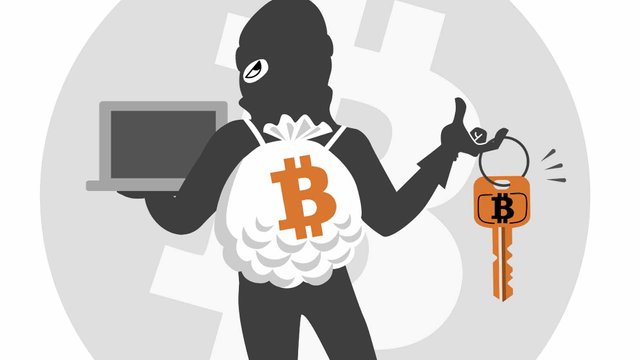
Degree of acceptance - Many people are still unaware of Bitcoin. Every day, more businesses accept bitcoins because they want the advantages of doing so, but the list remains small and still needs to grow in order to benefit from network effects.
Volatility - The total value of bitcoins in circulation and the number of businesses using Bitcoin are still very small compared to what they could be. Therefore, relatively small events, trades, or business activities can significantly affect the price. In theory, this volatility will decrease as Bitcoin markets and the technology matures. Never before has the world seen a start-up currency, so it is truly difficult (and exciting) to imagine how it will play out.
Ongoing development - Bitcoin software is still in beta with many incomplete features in active development. New tools, features, and services are being developed to make Bitcoin more secure and accessible to the masses. Some of these are still not ready for everyone. Most Bitcoin businesses are new and still offer no insurance. In general, Bitcoin is still in the process of maturing.
Why do people trust Bitcoin?

Much of the trust in Bitcoin comes from the fact that it requires no trust at all. Bitcoin is fully open-source and decentralized. This means that anyone has access to the entire source code at any time. Any developer in the world can therefore verify exactly how Bitcoin works. All transactions and bitcoins issued into existence can be transparently consulted in real-time by anyone. All payments can be made without reliance on a third party and the whole system is protected by heavily peer-reviewed cryptographic algorithms like those used for online banking. No organization or individual can control Bitcoin, and the network remains secure even if not all of its users can be trusted.
Can I make money with Bitcoin?

You should never expect to get rich with Bitcoin or any emerging technology. It is always important to be wary of anything that sounds too good to be true or disobeys basic economic rules.
Bitcoin is a growing space of innovation and there are business opportunities that also include risks. There is no guarantee that Bitcoin will continue to grow even though it has developed at a very fast rate so far. Investing time and resources on anything related to Bitcoin requires entrepreneurship. There are various ways to make money with Bitcoin such as mining, speculation or running new businesses. All of these methods are competitive and there is no guarantee of profit. It is up to each individual to make a proper evaluation of the costs and the risks involved in any such project.
Is Bitcoin anonymous?

Bitcoin is designed to allow its users to send and receive payments with an acceptable level of privacy as well as any other form of money. However, Bitcoin is not anonymous and cannot offer the same level of privacy as cash. The use of Bitcoin leaves extensive public records. Various mechanisms exist to protect users’ privacy, and more are in development. However, there is still work to be done before these features are used correctly by most Bitcoin users.
Some concerns have been raised that private transactions could be used for illegal purposes with Bitcoin. However, it is worth noting that Bitcoin will undoubtedly be subjected to similar regulations that are already in place inside existing financial systems. Bitcoin cannot be more anonymous than cash and it is not likely to prevent criminal investigations from being conducted. Additionally, Bitcoin is also designed to prevent a large range of financial crimes.
How are bitcoins created?
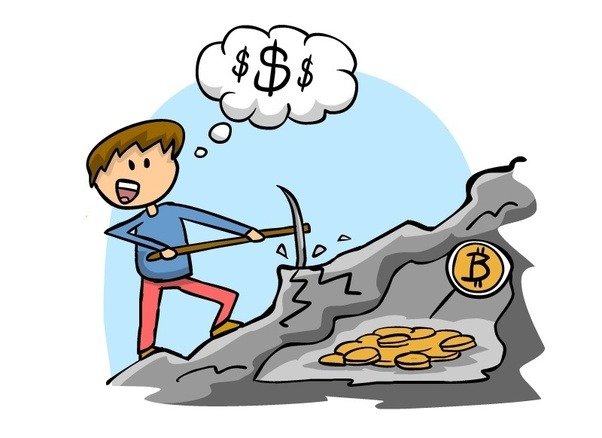
New bitcoins are generated by a competitive and decentralized process called "mining". This process involves that individuals are rewarded by the network for their services. Bitcoin miners are processing transactions and securing the network using specialized hardware and are collecting new bitcoins in exchange.
The Bitcoin protocol is designed in such a way that new bitcoins are created at a fixed rate. This makes Bitcoin mining a very competitive business. When more miners join the network, it becomes increasingly difficult to make a profit and miners must seek efficiency to cut their operating costs. No central authority or developer has any power to control or manipulate the system to increase their profits. Every Bitcoin node in the world will reject anything that does not comply with the rules it expects the system to follow.
Bitcoins are created it a decreasing and predictable rate. The number of new bitcoins created each year is automatically halved over time until bitcoin issuance halts completely with a total of 21 million bitcoins in existence. At this point, Bitcoin miners will probably be supported exclusively by numerous small transaction fees.
Why do bitcoins have value?
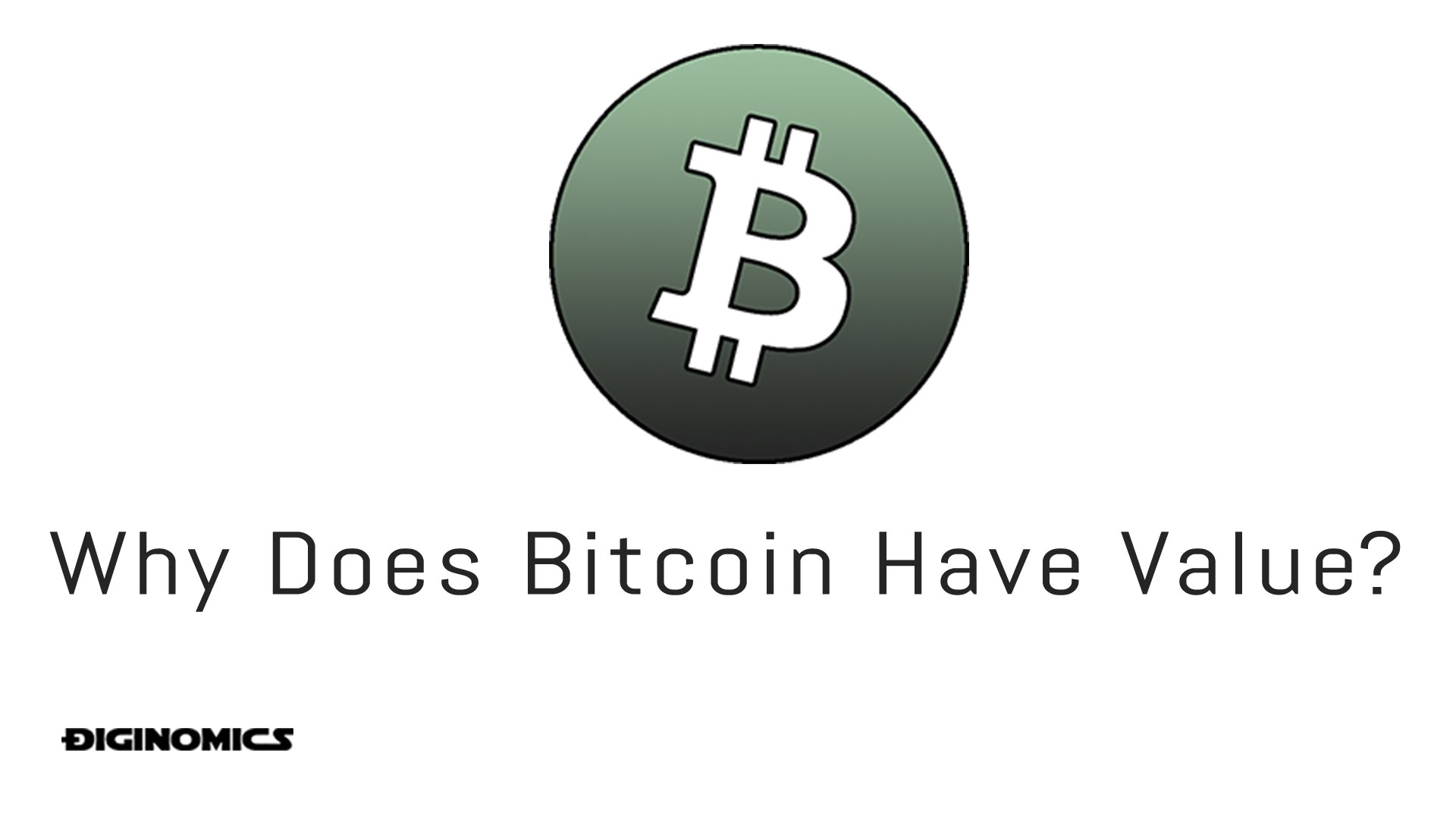
Bitcoins have value because they are useful as a form of money. Bitcoin has the characteristics of money (durability, portability, fungibility, scarcity, divisibility, and recognizability) based on the properties of mathematics rather than relying on physical properties (like gold and silver) or trust in central authorities (like fiat currencies). In short, Bitcoin is backed by mathematics. With these attributes, all that is required for a form of money to hold value is trust and adoption. In the case of Bitcoin, this can be measured by its growing base of users, merchants, and startups. As with all currency, bitcoin’s value comes only and directly from people willing to accept them as payment.
What determines bitcoin’s price?

The price of a bitcoin is determined by supply and demand. When demand for bitcoins increases, the price increases, and when demand falls, the price falls. There is only a limited number of bitcoins in circulation and new bitcoins are created at a predictable and decreasing rate, which means that demand must follow this level of inflation to keep the price stable. Because Bitcoin is still a relatively small market compared to what it could be, it doesn’t take significant amounts of money to move the market price up or down, and thus the price of a bitcoin is still very volatile.
Can bitcoins become worthless?
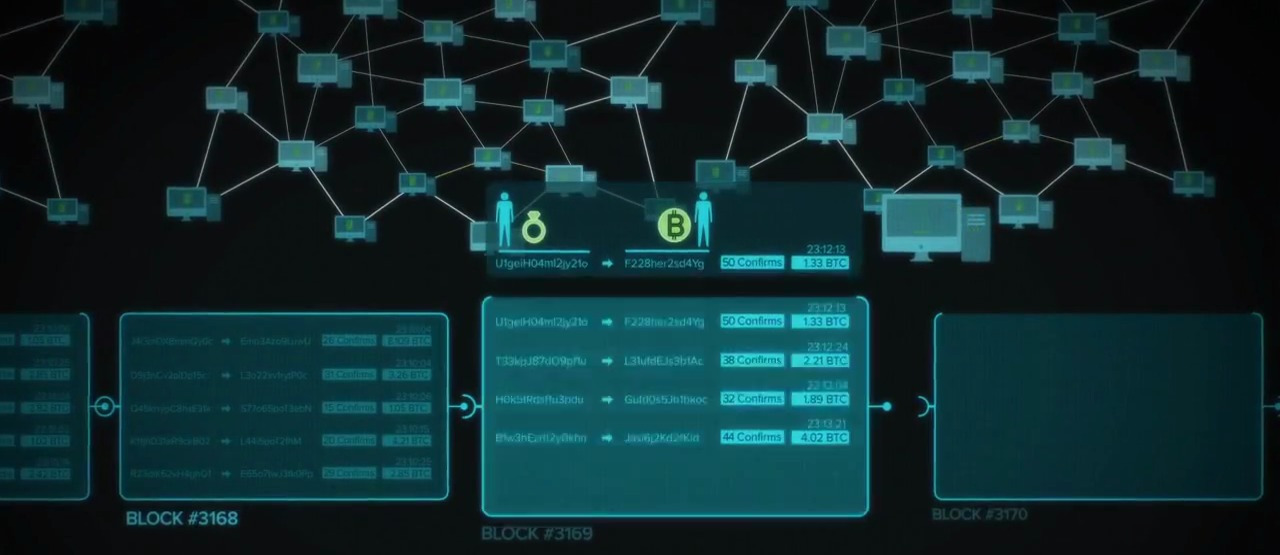
Yes. History is littered with currencies that failed and are no longer used, such as the German Mark during the Weimar Republic and, more recently, the Zimbabwean dollar. Although previous currency failures were typically due to hyperinflation of a kind that Bitcoin makes impossible, there is always potential for technical failures, competing currencies, political issues and so on. As a basic rule of thumb, no currency should be considered absolutely safe from failures or hard times. Bitcoin has proven reliable for years since its inception and there is a lot of potential for Bitcoin to continue to grow. However, no one is in a position to predict what the future will be for Bitcoin.
Is Bitcoin a bubble?
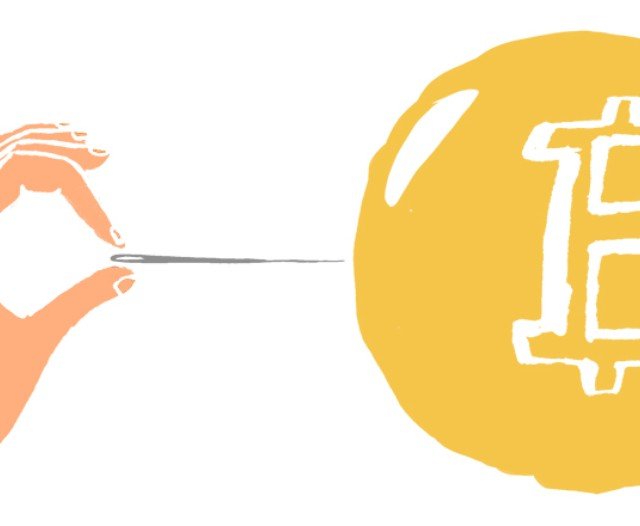
A fast rise in price does not constitute a bubble. An artificial over-valuation that will lead to a sudden downward correction constitutes a bubble. Choices based on individual human action by hundreds of thousands of market participants is the cause for bitcoin’s price to fluctuate as the market seeks price discovery. Reasons for changes in sentiment may include a loss of confidence in Bitcoin, a large difference between value and price not based on the fundamentals of the Bitcoin economy, increased press coverage stimulating speculative demand, fear of uncertainty, and old-fashioned irrational exuberance and greed.
Is Bitcoin a Ponzi scheme?

A Ponzi scheme is a fraudulent investment operation that pays returns to its investors from their own money, or the money paid by subsequent investors, instead of from profit earned by the individuals running the business. Ponzi schemes are designed to collapse at the expense of the last investors when there is not enough new participants.
Bitcoin is a free software project with no central authority. Consequently, no one is in a position to make fraudulent representations about investment returns. Like other major currencies such as gold, United States dollar, euro, yen, etc. there is no guaranteed purchasing power and the exchange rate floats freely. This leads to volatility where owners of bitcoins can unpredictably make or lose money. Beyond speculation, Bitcoin is also a payment system with useful and competitive attributes that are being used by thousands of users and businesses.
the newest need some informations !!!!
What about Bitcoin and taxes?
What about Bitcoin and consumer protection?
Won’t the finite amount of bitcoins be a limitation?
Won’t Bitcoin fall in a deflationary spiral?
What if someone creates a better digital currency?
What is Bitcoin mining?
How does Bitcoin mining work?

Well the advantages is that it is the most widely and best known cryptocurrency, so every merchant who accepts cryptocurrency will at least accept Bitcoin. I would say that the disadvantages include the fact that transaction times are slow and fees can be high. I have had transactions take up to 3 days to complete. Hasn't happened with any other cryptocurrency to me yet.
thankyou @galactic123 good infooo
Great job crypt07! As far as a bubble, those who attack Bitcoin and waste no time saying its in a bubble and the end for Bitcoin, they have no clue that there is a whole world out there outside of the US where the majority of the world's population is, and it will be THEY who ultimately determine the future of Bitcoin. And it is THEY who are most desperately in need of it. If they want to talk about bubbles, they ain't seen nuthin' yet! ;-)
thankyou ;) @defiant
Good post 😎Bitcoin is still a relatively small market compared to what it could be
thankyou @mrabdo17
Yes. History is littered with currencies that failed and are no longer used, such as the German Mark during the Weimar Republic
Good job ;) crypt07
always !!!
great story !!